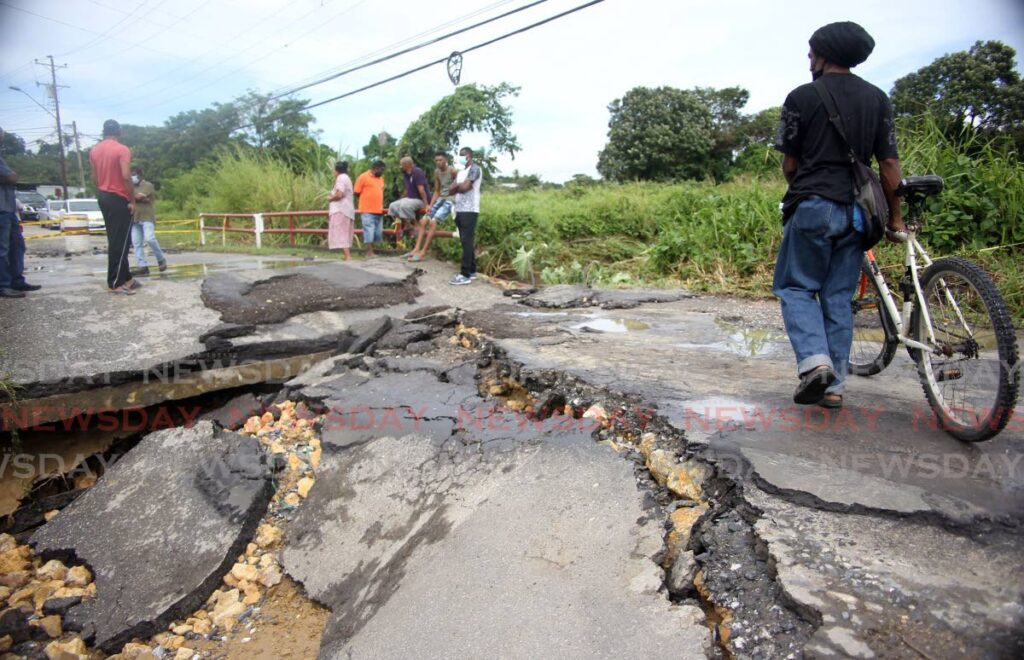
ROADS should not be political issues. They are among the most basic things provided by the State.
But in recent times the state of our streets, highways, lanes and byways – in both urban and rural settings – has become a lightning rod for political activity. And this has clearly been to the detriment of all.
Yes, we have something of a history of large-scale infrastructure projects becoming politicised, given the vast sums often involved.
And yes, we also go through an annual ritual in which local government officials squabble over which regional corporations have received more money to do road repairs.
But the fiery protests which seem to be taking place daily over poor roads – whether the outcome of opportunistic political organisation or not – coupled with the stunning deterioration of our roads in evidence for all to see, has taken things to an entirely new pitch.
The Prime Minister on Sunday implicitly acknowledged this when, once more, he effectively conceded the need for road repairs.
“When we gave priority to our life and limb and our economy, we neglected – because we didn’t have the resources – the road maintenance programme,” Dr Rowley said, promising mass roadworks and infrastructural upgrades after the rainy season and saying the government is borrowing a “significant amount” to fund them.
On the one hand, it’s not difficult to understand the predicament the Government was in at the height of the pandemic.
Given the uncertainties of 2020, it was prudent to restrain spending, whether we had access to funds or not, on anything that was not related to healthcare. Also, construction costs continued their upward trend in this period.
Two years later, however, amid an upsurge in commodity prices (oil and gas prices recovered from 2021 onwards and spiked earlier this year) it is harder for the State to explain why roads are crumbling and literally being washed away.
There is one perspective that the Government actually missed a golden opportunity during lockdown to do all the kinds of repairs and upgrades that would normally cause traffic disruption.
While the Cabinet was focused on saving lives, it could hardly have been the case that the Ministry of Works was central to that fight.
Therefore, the genuine frustration of people whose lives and livelihoods have been disrupted is understandable.
But all citizens, PNM or UNC, are affected by deteriorating infrastructure, no matter where it occurs. Such deterioration reduces overall economic productivity, harms quality of life and comes at a tremendous cost to the Treasury in the long run.
That is, ultimately, why the Government cannot simply say it did not have the money.
It needs to go down the road of quantifying exactly what funds were saved, and set these against the real costs of its inaction.


